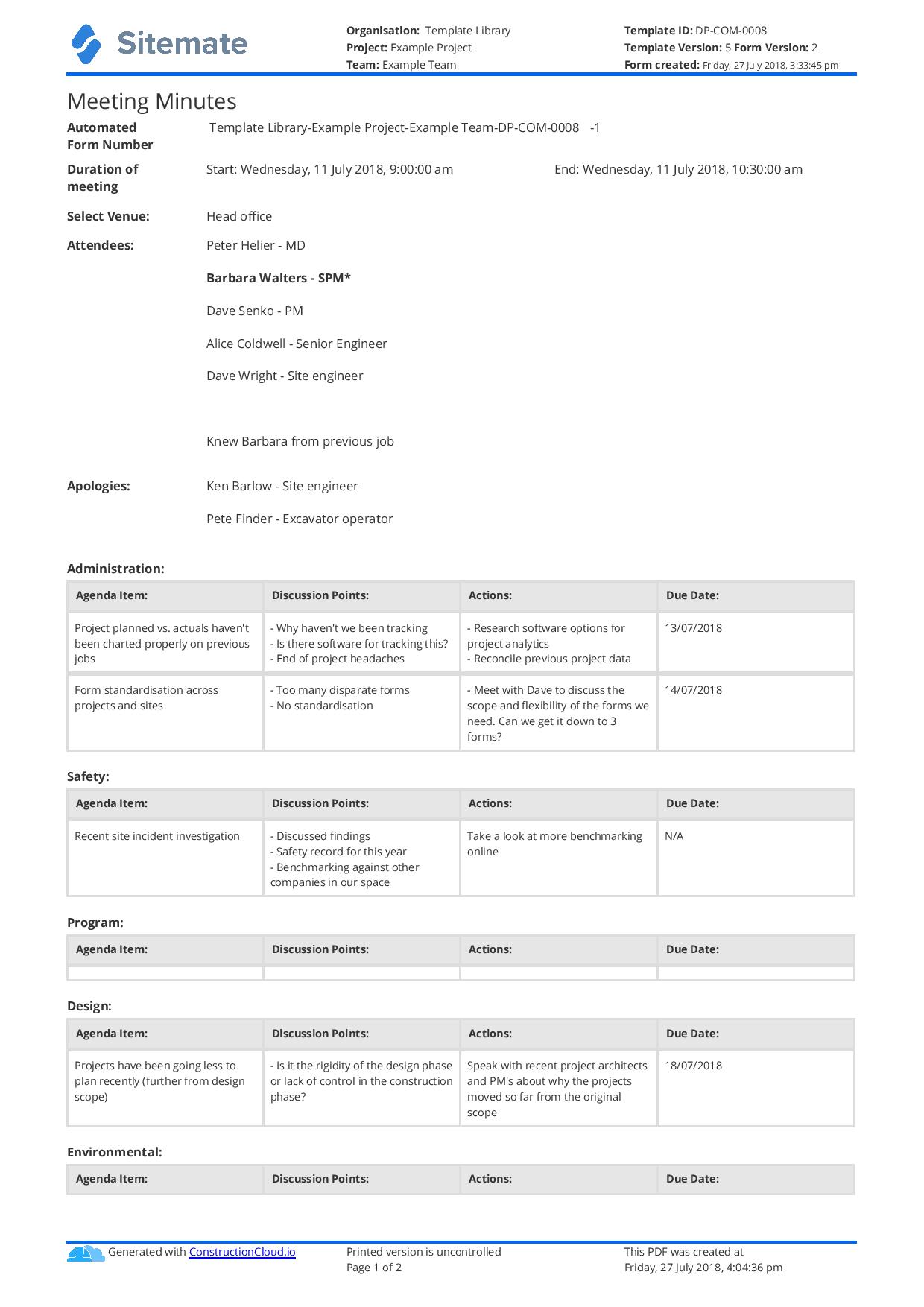
As different organizational leaders and administration take over, it will be helpful to see how things were previously handled and why.

The minutes are a historical document that can be used to document ideas, discussion, and decisions that are made. It is the minutes that gives them this information.

Because the board members are elected officials, the public has a right to know how they have voted. For example, when I am recording items for board meetings, I regularly have to log the motions made by specific individuals as well as their votes on the different issues that are presented. The information contained in the minutes places ownership on specific individuals. They will help you to remain diligent as you are performing this task. Here are some things you should keep in mind. To make it a little more bearable, it has been helpful to understand the importance of taking meeting minutes. Yet, it is one of my highest priority items. I must admit, recording and publishing meeting minutes are one of my least favorite things to do. In my case, I take minutes primarily for Board of Education meetings that occur a few times a month. They are considered backup to your business tax returns, and help to keep your company in compliance with state laws. Legal entities such as the IRS, and various courts, see meeting minutes as representing the actions of the board of directors, or company leadership. Meeting minutes are considered legal documents.

Have you ever been in a meeting, taking minutes, and have no idea what they are talking about at all? Or maybe you were daydreaming for a minute and totally lost your place? Many administrative support professionals, myself included, are responsible for recording and transcribing minutes for any number of meetings, and it's not just for fun.


 0 kommentar(er)
0 kommentar(er)
